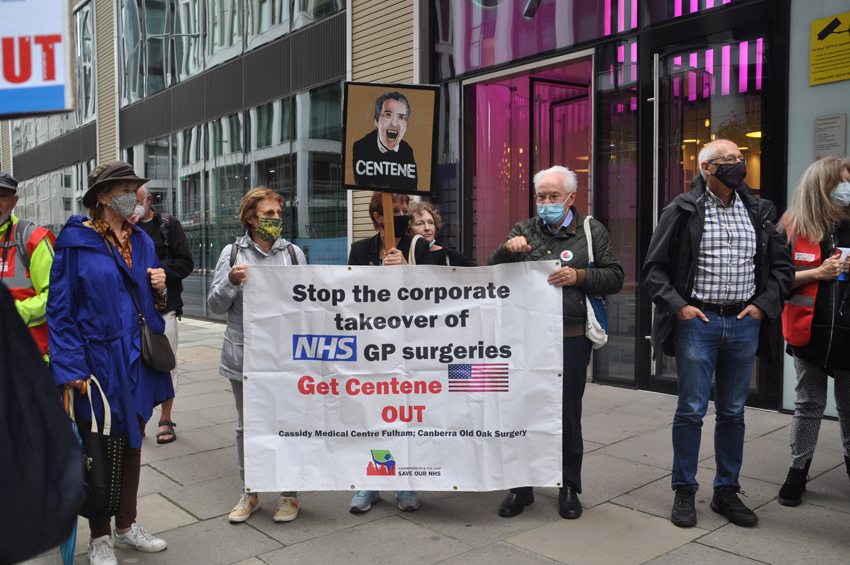
DOCTORS union the BMA yesterday responded to the shocking latest England GP workforce data and Health Foundation forecasts, showing a dramatic slump in the number of GPs.
Analysis from the Health Foundation forecasts a shortage of up to the equivalent of 20,400 full-time GPs in England by 2030, and new data from NHS Digital that shows a fall of 372 full-time equivalent fully-trained GPs in England in the last year.
Responding, Dr Samira Anane, BMA GP committee workforce policy lead, said: ‘How many more warnings does the government need to wake up and act on the GP workforce crisis?
‘This bleak yet sadly not unrealistic forecast shows how devastating it would be for patients and the wider health of communities if we continue to lose GPs at the rate we are now, with millions more patients losing access to “their family doctor” and practices being forced to close.
‘In the most recent year we’ve lost the equivalent of more than 370 full-time fully-qualified GPs in England, 116 of which were in the last month alone.
‘Meanwhile practices and their staff are working harder than ever, with patients in England booking 3.6 million more appointments in May than the month before. Clearly as demand goes up and workforce goes down, this is completely unsustainable. We need significantly more GPs, not less.
‘With an additional loss of invaluable practice nurses, as laid out by the Health Foundation, it would be catastrophic for patients and practices that rely on their expertise and care every day.
‘But there are solutions and the government needs to hear the cries of the profession for support and to be listened to.
‘Action on meaningful investment, cutting bureaucracy and inflexibility that prevent GPs providing care for patients in the way they best need, inadequate practice buildings and IT systems that are not fit for 21st century care, and punitive pensions taxation rules that drive doctors away before they want to, would all make a difference to recruiting and keeping expert clinicians working within communities and protecting the future of general practice as we know it.’
- Responding to the latest NHS England staff sickness absence data, RCN Director for England, Patricia Marquis, said: ‘The pressure on nursing shows no sign of abating.
‘It’s concerning that mental health-related sickness absence among nursing staff is up 20 per cent compared with just before the start of the pandemic.
‘Not only has Covid-19 taken its toll, but the workforce crisis is putting huge strain on nursing as it struggles to provide safe and effective care for ever-rising numbers of patients who are feeling the impact.
‘Ministers must invest urgently in nursing, starting with a pay rise which significantly exceeds the cost of living, and address the unrelenting pressures which are having a devastating impact on staff wellbeing.’
According to NHS Sickness Absence rates data, 128,161 full time equivalent days were lost in February 2022 due to nursing staff absence for anxiety/stress/depression/other psychiatric illnesses. The equivalent figure for February 2020 was 107,237.